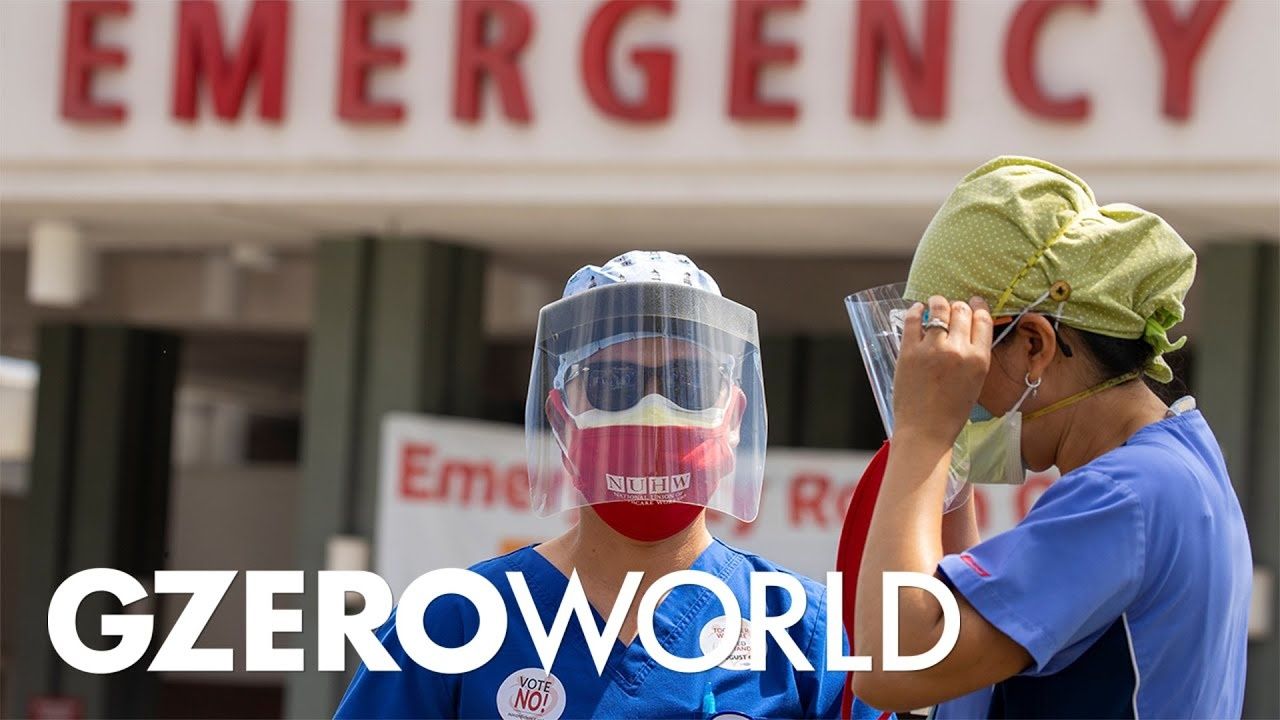
Former CDC director – and current CEO of the public health initiative Resolve to Save Lives – Dr. Tom Frieden joins Ian Bremmer on GZERO World to talk about how to get the Covid-19 pandemic under control in the United States (hint: we need more data). As with politics, Dr. Frieden argues, all epidemics are local. And the outbreaks crippling much of the South and Southwest need local responses. But the main failing lies at the federal level. Things won't improve (and schools won't effectively reopen) Dr. Frieden warns, until Washington alters course. That is, of course, until an effective vaccine becomes readily accessible to all Americans. Though even that will likely not be the silver bullet we all want it to be.
Partisanship, lack of data, the need to slow community spread, healthcare workers getting sick, a weak US primary care system, financial mis-incentives, globalization and the spread of pathogens - and the damage of COVID-19 that is still not fully understood - Dr. Frieden's conversation with Ian Bremmer digs deep into the state of the coronavirus response, implications for our lives today, and the medical developments to watch for next.